This proposal was made by delegate Pham Trong Nhan (HCMC) in the discussion session on the afternoon of November 24, on the draft revised Press Law.
Regarding cross-border platform management, the draft mentions information service management but there are no regulations binding cross-border platforms such as Facebook, YouTube or TikTok, according to Mr. Nhan.
Meanwhile, the anti-government forces use these same platforms to deploy Deepfake (technology that simulates human facial images to create fake images and videos ), control algorithms, and create fake trends to lead the crowd mentality.
Therefore, the Ho Chi Minh City National Assembly delegate proposed that the National Assembly add an independent regulation on cross-border platforms, because according to him, it is not the press, but these platforms that are holding the power to manipulate social perception.
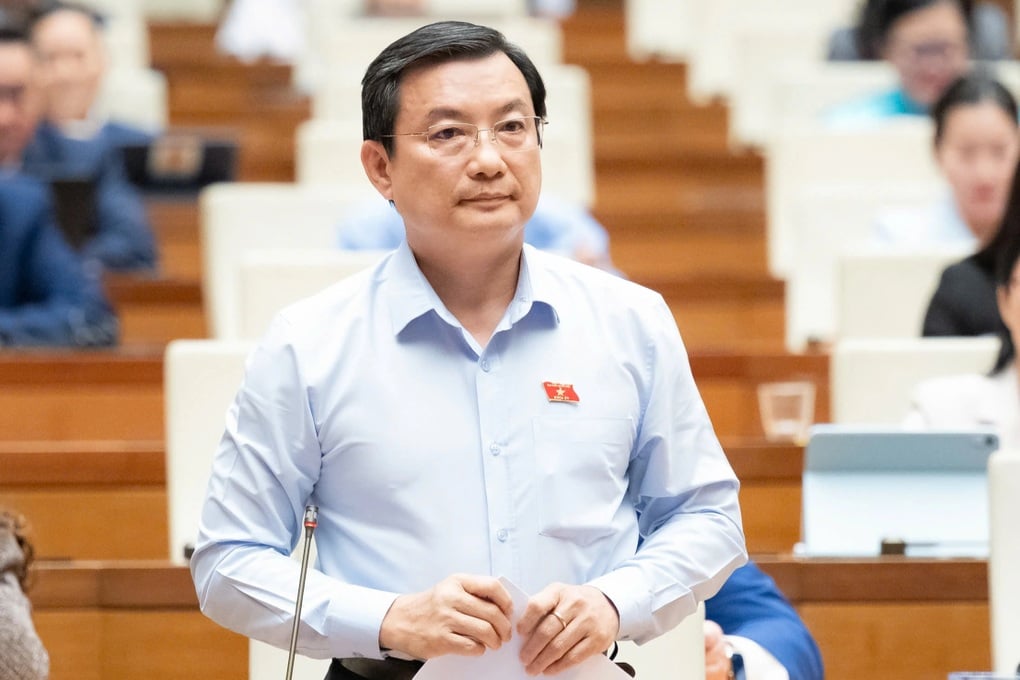
National Assembly Delegate Pham Trong Nhan (Photo: Hong Phong).
According to Mr. Nhan, the draft revised Press Law must require cross-border platforms to have legal representatives in Vietnam; publicize proposed algorithms; remove fake news within 24 hours; identify accounts and cooperate in tracing information manipulation campaigns; and connect early warnings with management agencies.
“In the AI era, being a little slow is enough to cause a cognitive crisis for an individual, a group, or even the whole society,” Mr. Nhan emphasized.
Although these regulations are scattered in the draft Law on Cyber Security (amended), according to delegate Pham Trong Nhan, they are regulations aimed at protecting national security.
Pointing out the fact that TikTok, Facebook, and YouTube are becoming information distribution channels with extremely large influence, far surpassing the traditional model and having a significant influence on the public's information reception behavior, delegate Nhan proposed that the Press Law must mandate the obligation of algorithm transparency, the obligation of early warning, the obligation to coordinate in handling false information, and the obligation to ensure priority for authentic information.
“These are contents that the Law on Cyber Security does not cover. Therefore, if these obligations are not clearly defined, all efforts to protect information sovereignty will be just a formality,” Mr. Nhan stated his opinion.
The delegate analyzed the revised Press Law at a time when the global information space has changed fundamentally under the impact of artificial intelligence. The speed of data transmission far exceeds the speed of human verification and information has become a new form of power, even a new weapon.
What is happening in the world from fake images of leaders, election manipulation, social psychological attacks, and fake clips and images from AI spreading on social networks during the recent flood, according to Mr. Nhan, has caused anxiety in the community.
It is one of the examples showing that the information space has become the new sovereign space of the nation - and in that space, the press is the "frontline force".
Therefore, the delegate emphasized that this law amendment must create a strong enough legal framework to protect ideological security, cognitive security and social security in the AI era.
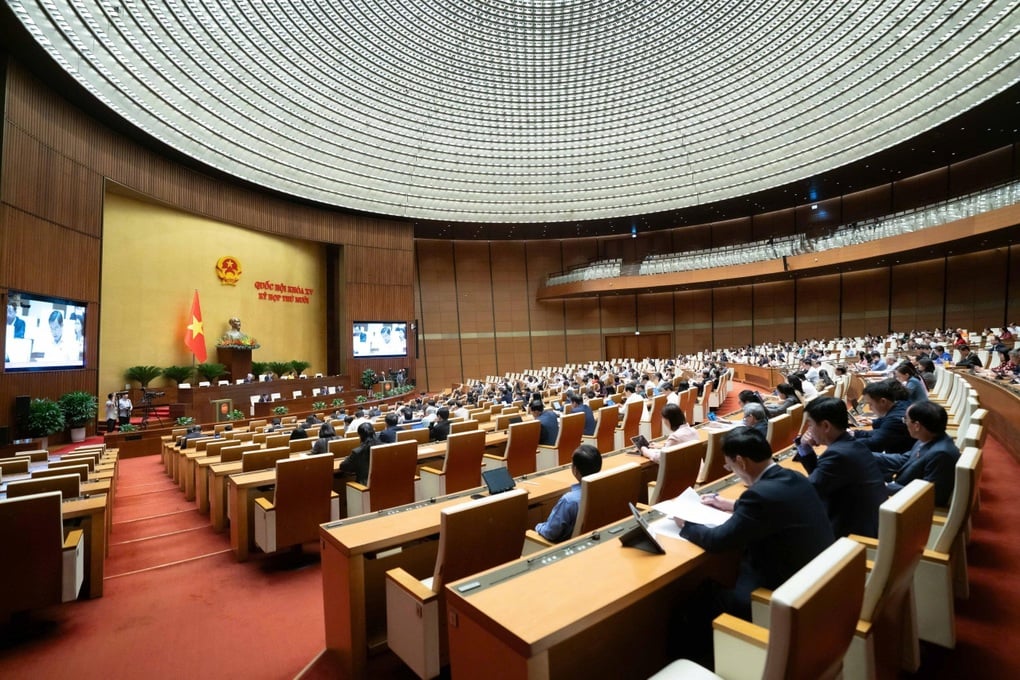
Discussion session at the National Assembly on the afternoon of November 24 (Photo: Hong Phong).
“In the AI era, attacking the media is attacking national security. Today’s press is not just a means of reporting but a cognitive shield, a mental firewall, an institution to protect the Party’s ideological foundation and the country’s sovereignty against cross-border information waves,” Mr. Nhan emphasized.
According to him, without a strong, accurate press capable of using AI, toxic information will overwhelm mainstream information, algorithms will lead instead of truth, and information sovereignty will be violated in everyday life.
Therefore, the draft Law on Press (amended) must create a corridor for the press to become the nation's soft power in the fight to protect ideology in cyberspace.
“When machines can create images, create voices, and write articles in just a few seconds, this law must become a legal barrier, an ethical barrier, and a technical barrier to protect the truth,” Mr. Nhan stated his opinion, saying that amending the law this time is not only for the development of the press industry but also for national safety and social stability.
Source: https://dantri.com.vn/thoi-su/facebook-tiktok-thao-tung-nhan-thuc-xa-hoi-de-nghi-co-che-tai-rang-buoc-20251124152449567.htm




![[Photo] Prime Minister Pham Minh Chinh attends the patriotic emulation congress of the banking sector](/_next/image?url=https%3A%2F%2Fvphoto.vietnam.vn%2Fthumb%2F1200x675%2Fvietnam%2Fresource%2FIMAGE%2F2025%2F11%2F24%2F1763981997729_tt-nhnn-jpg.webp&w=3840&q=75)


![[Photo] National Assembly Chairman Tran Thanh Man receives a business delegation from the Europe-ASEAN Business Council](/_next/image?url=https%3A%2F%2Fvphoto.vietnam.vn%2Fthumb%2F1200x675%2Fvietnam%2Fresource%2FIMAGE%2F2025%2F11%2F24%2F1763989198212_ndo_br_bnd-7394-jpg.webp&w=3840&q=75)
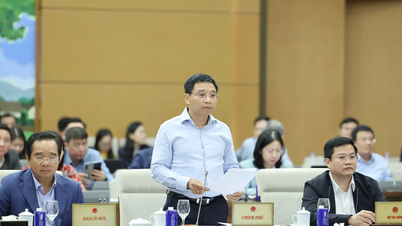

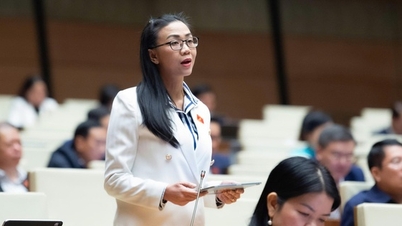

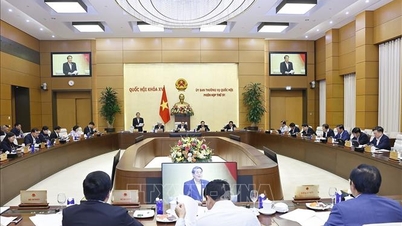

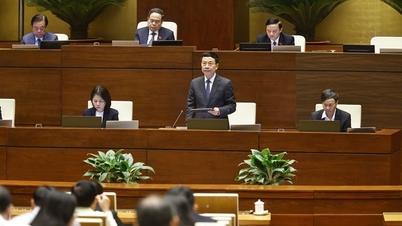
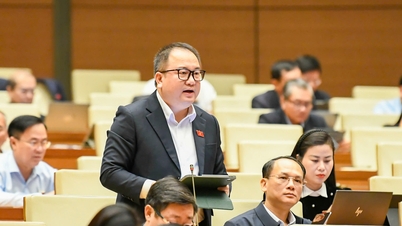

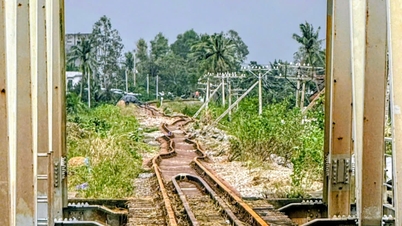
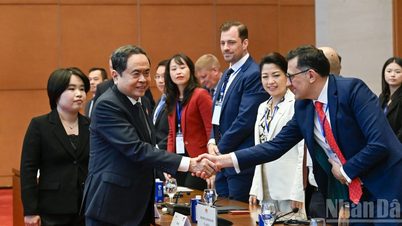

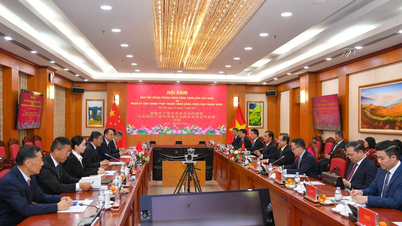
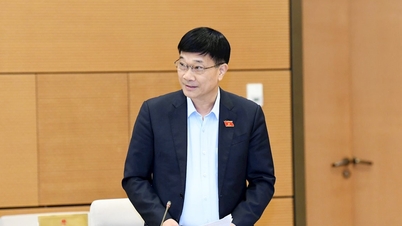

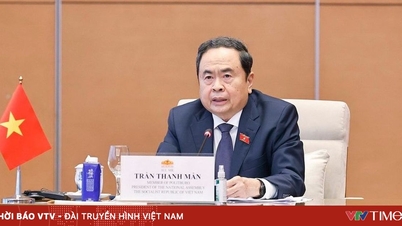

![[Video] 24-hour news on November 24, 2025: The whole country joins hands to support people in flood-affected areas](https://vphoto.vietnam.vn/thumb/402x226/vietnam/resource/IMAGE/2025/11/24/1763989508226_z7258223054237-3761596bd97b27bddc003ccbc714e03e-jpg.webp)
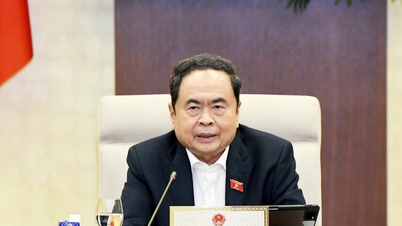




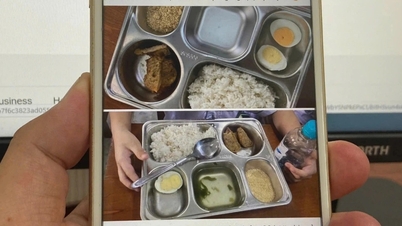
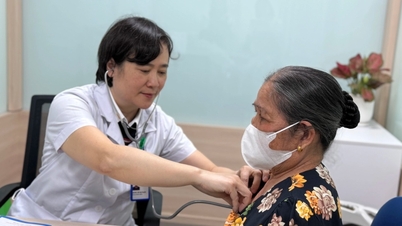
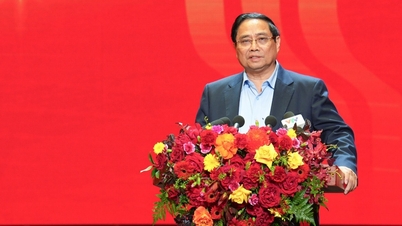


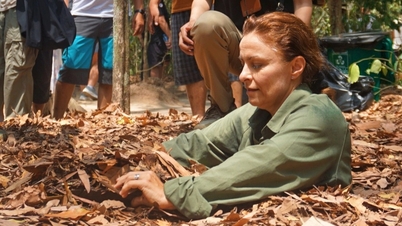
![[Photo] Next to the "mountain of trash" after the flood, Tuy Hoa residents strive to rebuild their lives](/_next/image?url=https%3A%2F%2Fvphoto.vietnam.vn%2Fthumb%2F1200x675%2Fvietnam%2Fresource%2FIMAGE%2F2025%2F11%2F24%2F1763951389752_image-1-jpg.webp&w=3840&q=75)




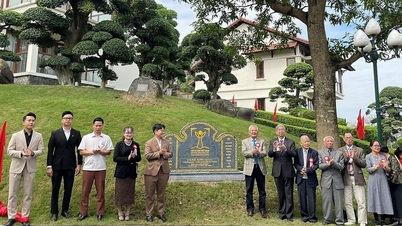

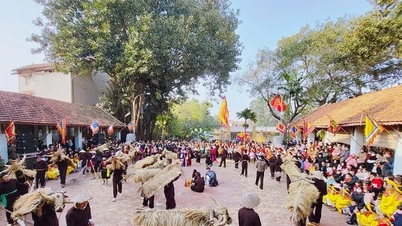

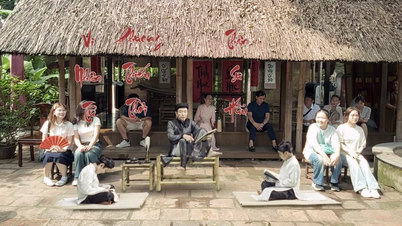
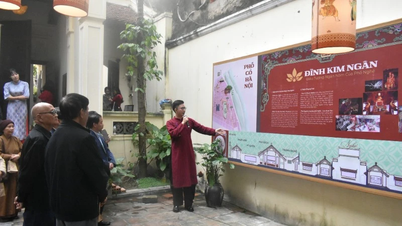








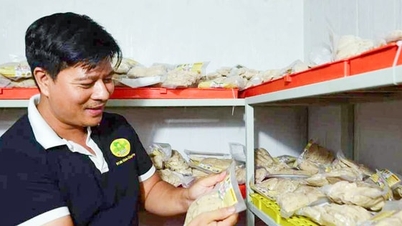





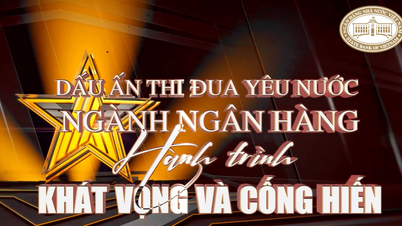

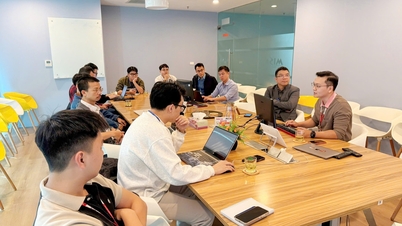

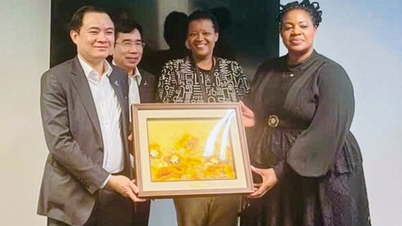
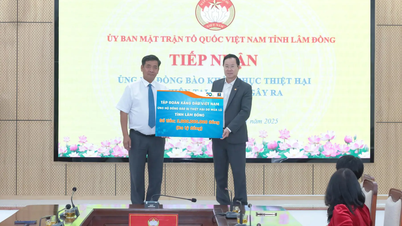







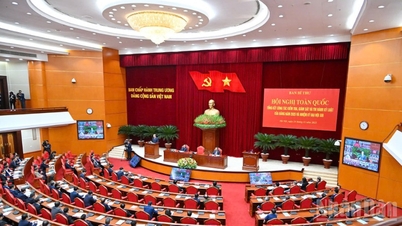

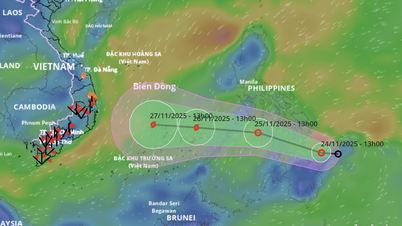

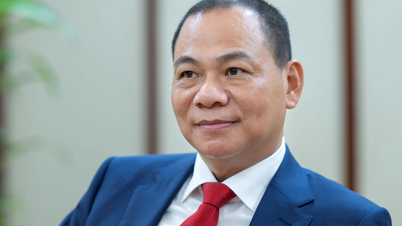
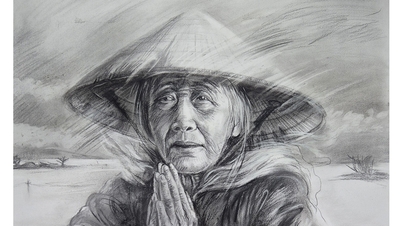
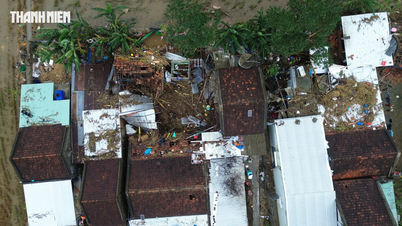


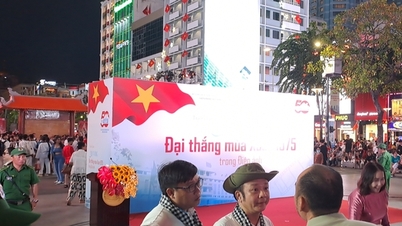

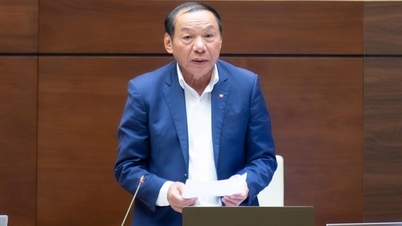
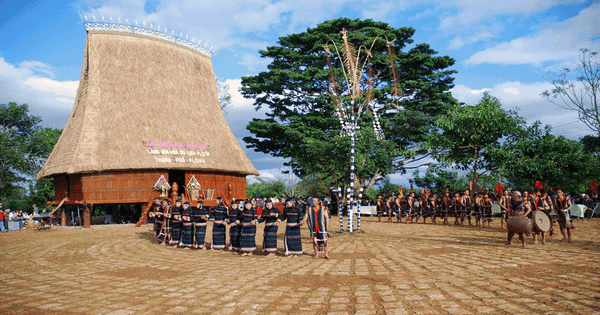
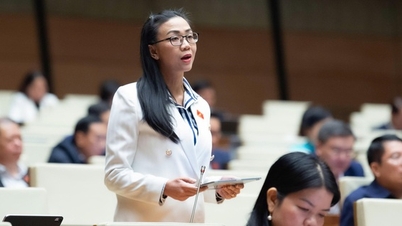

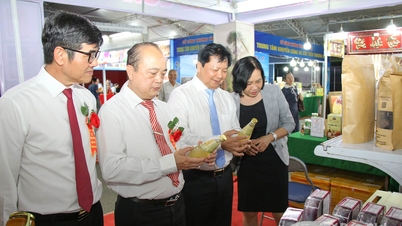

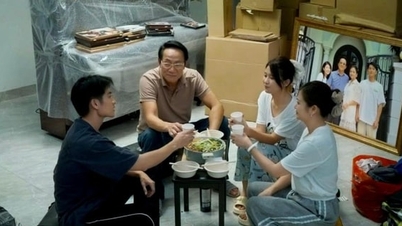


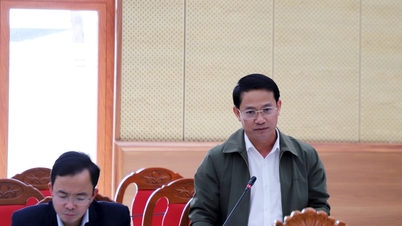



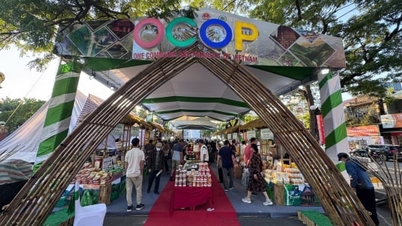












Comment (0)